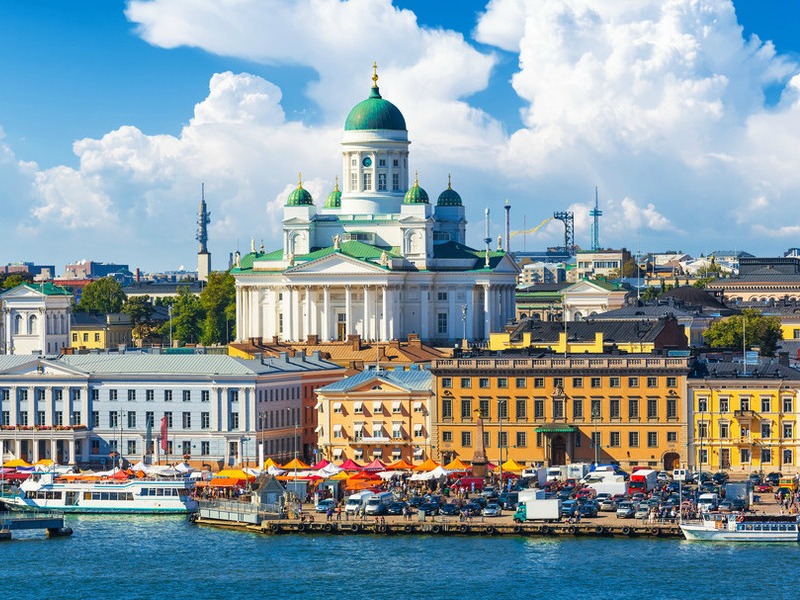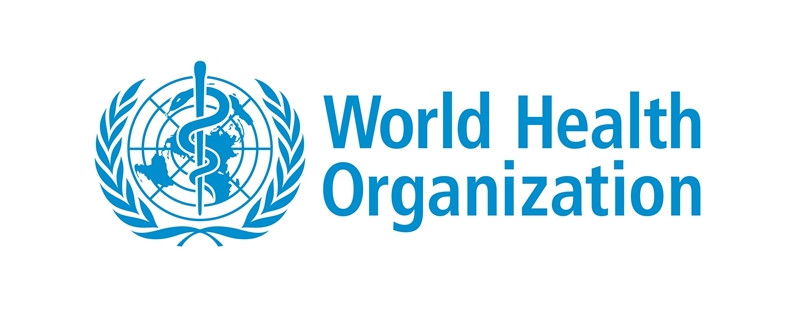Last week I had the complete joy (except for the awfulness that is the M6 and M62!) of heading over to Hull to speak at a gathering of Public Health and Public Sector people from across Yorkshire, The Humber and The East Riding, called “Minding the Gap”, hosted by the amazing Ian Copley. In my next blog, I will give the podcast of what I said and written piece, for those who prefer that format, about Population Health and the realities we are currently facing.
However, I thought it just worth reflecting on a really interesting lecture I heard by Prof Franco Bianchini from Hull University (https://www.hull.ac.uk/work-with-us/research/institutes/culture-place-and-policy-institute/culture-place-and-policy-institute.aspx) on the impact of Hull being European City of Culture 2017. It was amazing to see this little video, presented by the excellent Director of Public Health, Julia Weldon (https://www.yhphnetwork.co.uk/about-us/julia-weldon/), and to hear of so many wonderful, creative, life-giving, community-building initiatives that happened all over the City and the beautiful stories of people celebrating the history and many facets of this place.
The sense of wellbeing and happiness in the City increased significantly during that year (not much of a surprise) and the injection of finance into Hull gave opportunity for some creative regeneration and fantastic projects. Unfortunately, since 2017, the overall sense of Wellbeing and happiness has now fallen to below what it was in the years preceding Hull as the City of Culture. What a shame! And interestingly, if you study other Cities that host Olympics, Commonwealth Games, or have other similar initiatives, you see the same pattern over and over. The hype wanes, the carnival moves on and what is left?
There is so much we can learn from this, if we want to. Firstly, if we only plan for an event and do not think about it as an agent of transformation for the future, then we risk sowing huge promise and then once the event finishes, things just go back to being the same old, breeding disappointment and disillusionment. This must be taken into account in the planning. Becoming a City of Culture gives the opportunity for a City to come together, not only for an event, but to turn the future of the city, releasing dreams of what it can become. This requires much wider ownership and community conversations about keeping the momentum and building on it. Secondly, leaders across the city need to own the future and hold true to the principles, especially once the funding is withdrawn. It’s really sad that the vast majority of schools have not felt able to continue the great initiatives in the creative arts or sports, which began and were having a great effect on children and young people’s physical and mental health, due to the pressures they feel around delivery of the curriculum. Surely there was an opportunity to reimagine the whole realm of what education might look like in the City of Hull, aligned to the values of the City and its hope for the future?
In the Jewish tradition, at certain points along their journey from Egypt to Israel, the people would build an ‘Ebenezer’. It was a pile of stones to mark a certain point on their journey that would help them remember what was past and what they were looking forward to. It was more than a monument. It was a stake in the ground which called to memory where they had come from, what they had been through but also opened up an altogether different future. My hope for Hull, is that 2017 City of Culture becomes an Ebenezer for the city, something they can look back on and say – “that’s when things really began to change, that’s when we celebrated our past but began to build a new future together, a city that really works for everyone and the environment we live in!” I fear, however, that the opposite will be true….a temporary flash in the pan and then back to the same old, same old……
I hope with all my heart that it isn’t too late for Hull to regain this momentum and despite the lack of funding (although this begs whole new questions about devolution) for the city to take hold of the promise of what could be. I also really hope that Coventry (the city of my birth) really hears and learns from the lessons of Hull and begins now to think of being the City of Culture 2021 to springboard into a new future for the city, rather than have yet another event that feels good in the moment, but does not bring the transformation of the City that is so desperately needed. Now is the time for Coventry to dream and to think creatively about what this opportunity really might become.

